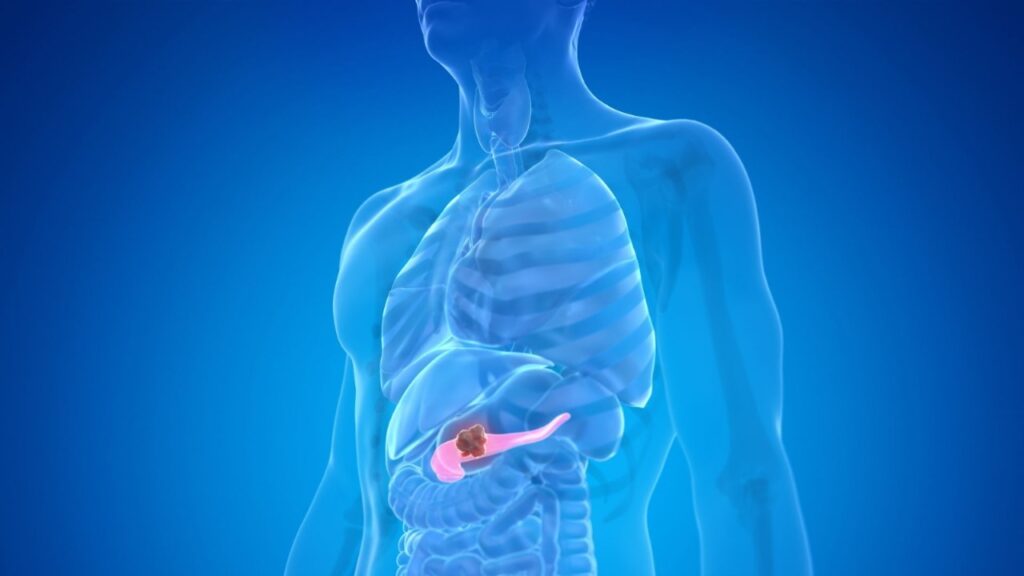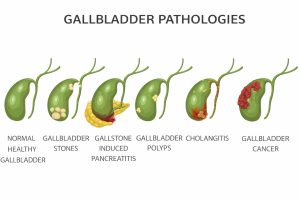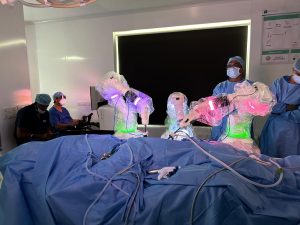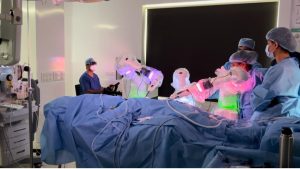An essential component of the digestive system is the pancreas. It serves two primary purposes. Digestion occurs through the production of pancreatic enzymes, and glucose homeostasis occurs through the balanced production of the hormones insulin and glucagon. This organ can be afflicted with many disorders that may require surgery.
Pancreas Surgery
1.Debridement and drainage
If acute pancreatitis results in severe complications, such as an antibiotic-resistant infection, surgeons may need to perform surgery to remove devitalized pancreatic tissue (pancreatic necrosectomy) or perform a pancreatic cystogastrostomy when they have a pseudocyst formation. Dr. Srikanth G performs these operations routinely laparoscopically.
2. Pancreatectomy
It is a surgical procedure that involves the removal of a portion or the entirety of the pancreas. A distal pancreatectomy is the surgical removal of the distal portion of the pancreas. During this, it is common to remove the spleen and the tail of the pancreas. Spleen preservation is possible in many patients. These operations are performed laparoscopically.
A central pancreatectomy involves the removal of the pancreas from the body while the head and tail of the pancreas are preserved. This complex procedure is seldom recommended. However, in certain cases, it can aid in protecting a greater extent of your pancreatic function and mitigating the necessity for further organ extraction.
3. Whipple surgery / pancreaticoduodenectomy
This surgical procedure is utilized for the treatment of various medical conditions, including cancers that impact the pancreas, small intestine, and bile ducts. The procedure involves removing the pancreatic head, duodenum, gallbladder, and bile duct. It is commonly used to treat pancreatic cancer that has not spread beyond the pancreas.
The Whipple technique is a complex surgical procedure. It presents considerable risks. However, this surgical procedure often leads to preserving life when performed by our highly skilled Pancreatic Surgeon at Sahasra Hospital.
Our expert, Dr. Srikanth Gadiyaram, often recommends a cholecystectomy, which is the surgical removal of the gallbladder and helps prevent pancreatitis recurrence.
After ERCP, hospitalization for recovery is typically 3-4 hours. You may feel bloated or nauseous after the surgery and may need relaxation for the day, but most people can go back to their normal activities the next day.
Make an appointment at Sahasra Hospitals Jayanagar by calling 9880105829 if you are concerned about your pancreatitis and want more information about the surgery.




